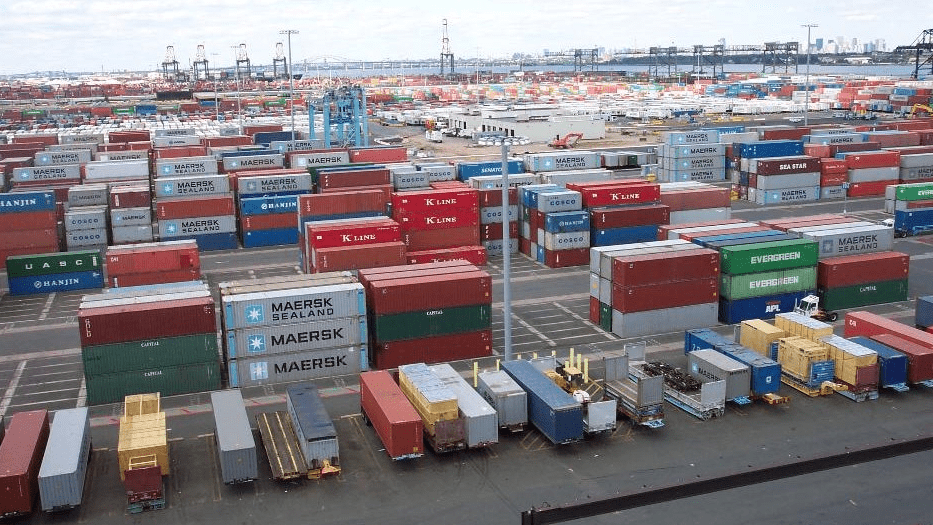The verbose, ad hominem critique of my article, Cronyism and Nepotism: The Bane of Nigeria’s Maritime Development, penned by one Olusegun Williams, is unsurprisingly riddled with factual ignorance and blatant cognitive dissonance. His swift descent into character attacks, rather than engaging with the substance of my arguments, is a transparent attempt to distract from the real issues. Such tactics betray the desperation of those clinging to power, unwilling to face the realities that have crippled the maritime sector.
Frankly, no one in the maritime industry knows Olusegun Williams. With over 20 years of experience in this field, I made inquiries across the industry—shipowners, seafarers, maritime lawyers, dockworkers, journalists—none of them recognized the name. It seems clear that Williams is nothing more than an obscure figure, likely hired to perform an uninspired hatchet job. Given his apparent lack of experience in the maritime sector, it is clear he is unqualified to comment meaningfully on the industry.
My response, therefore, is not to the clueless proxy Williams but to the frantic individuals behind him—those who, in their desperation to hold onto their positions, are grasping at any opportunity to defend their poor performance. Williams and his patrons recycle tired arguments that cannot withstand scrutiny. In their myopic view, any criticism of their so-called achievements is immediately framed as ethnic baiting, an utterly baseless accusation designed to deflect attention from their glaring failures.
Over the past eight years, instead of being held accountable, the heads of our maritime agencies have been praised, awarded, and shielded from scrutiny, despite their poor performance. This culture of complacency has allowed underachievement to thrive.
For the record, I have known Dr. Bashir Jamoh, the Director-General of the Nigerian Maritime Administration and Safety Agency (NIMASA), for nearly two decades. In fact, he informed me of his appointment weeks before it became public. Out of respect for his position, I joined other stakeholders in hosting a dinner in his honour shortly after he assumed office. Likewise, I supported the confirmation of Mohammed Bello-Koko as Managing Director of the Nigerian Ports Authority (NPA), believing both men could bring much-needed change to a sector that has long been in decline. Unfortunately, I was mistaken.
True leaders recognize that constructive criticism is essential for progress. Many respected stakeholders have reached out to commend me for having the courage to speak truthfully about the state of our maritime sector. The overwhelming majority of industry professionals share my sentiments, and my article was merely a reflection of this broader frustration.
With the inauguration of a new government on May 29, we have an invaluable opportunity to reset. Nepotism and incompetence must be rooted out from the maritime sector. Leaders with bold ideas, deep expertise, and a genuine commitment to development must take the helm if we are to unlock Nigeria’s vast maritime potential.
Now, more than ever, is the time for change.
My personal relationships with current maritime leaders will never prevent me from speaking the truth, no matter how uncomfortable it may be for Olusegun Williams and those like him.
